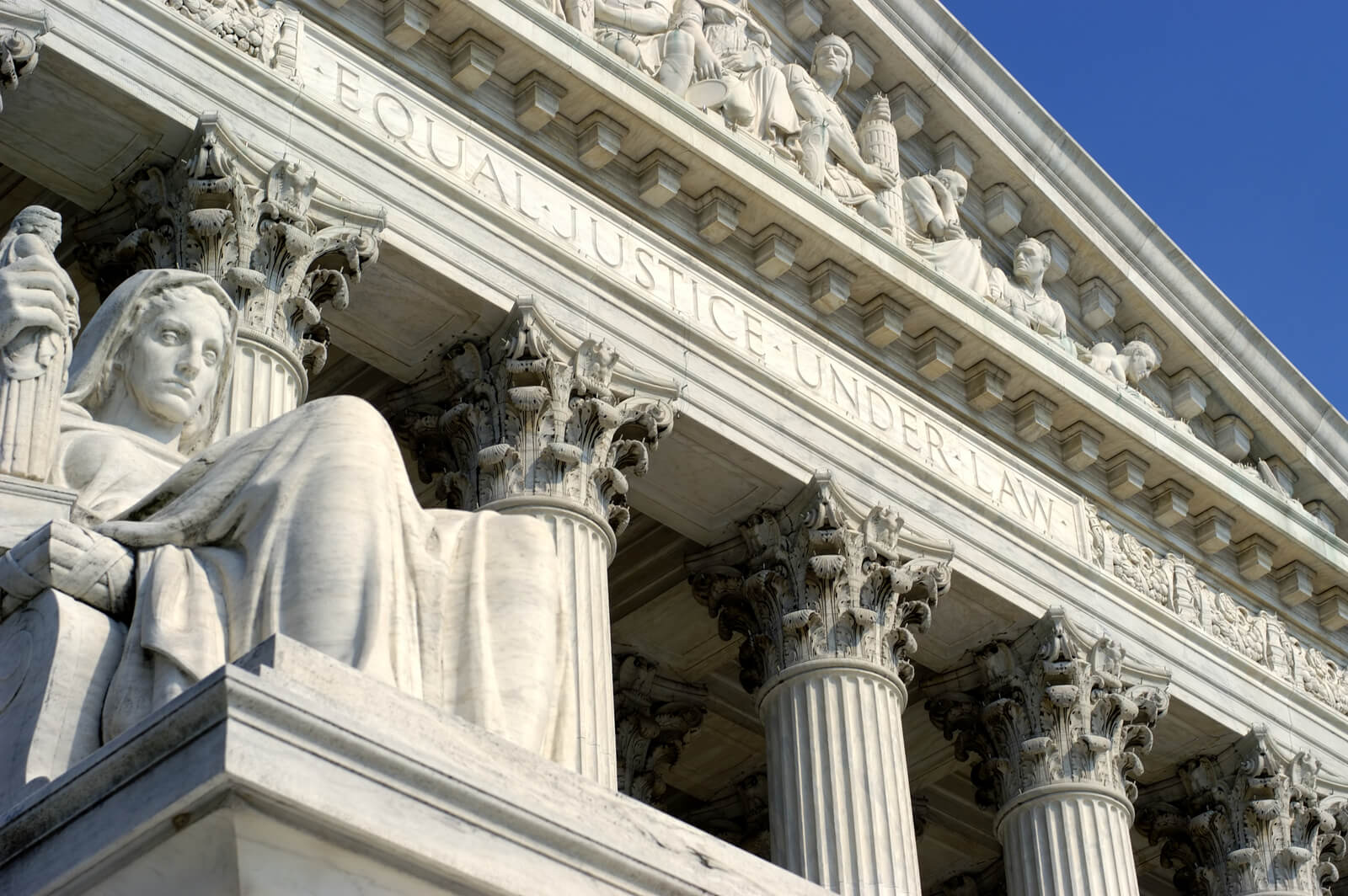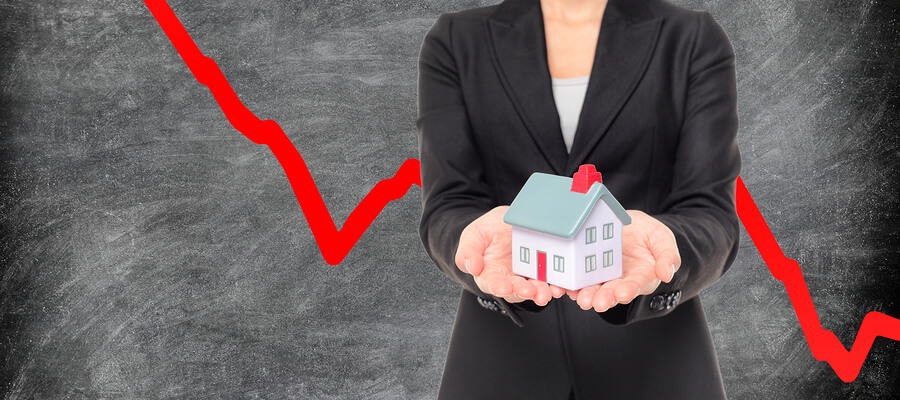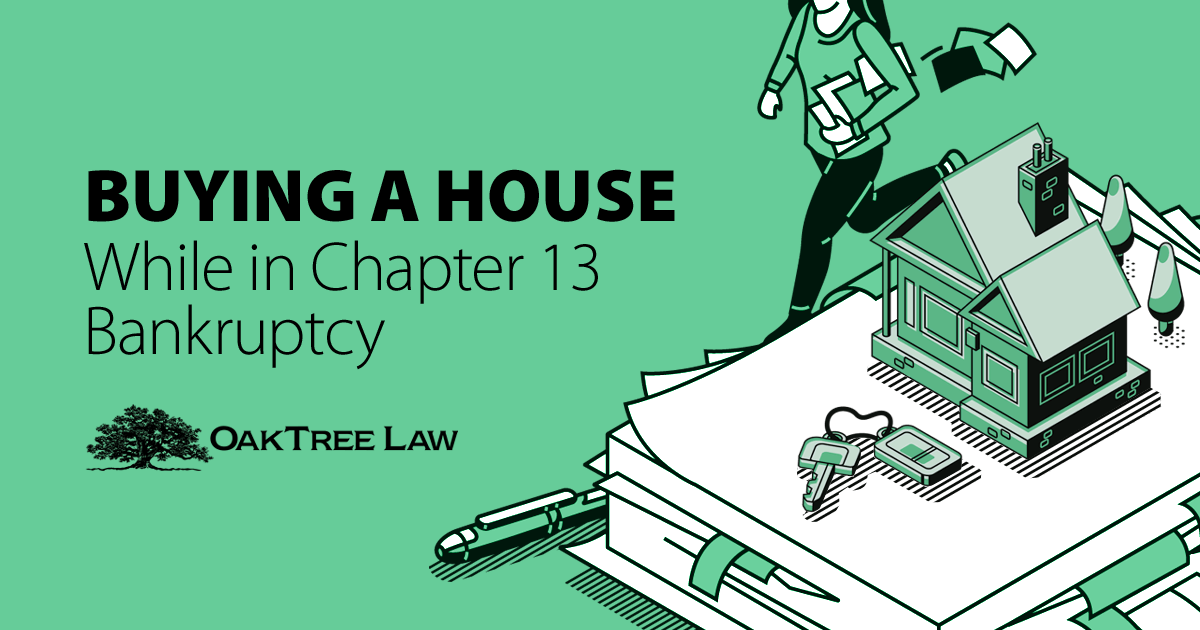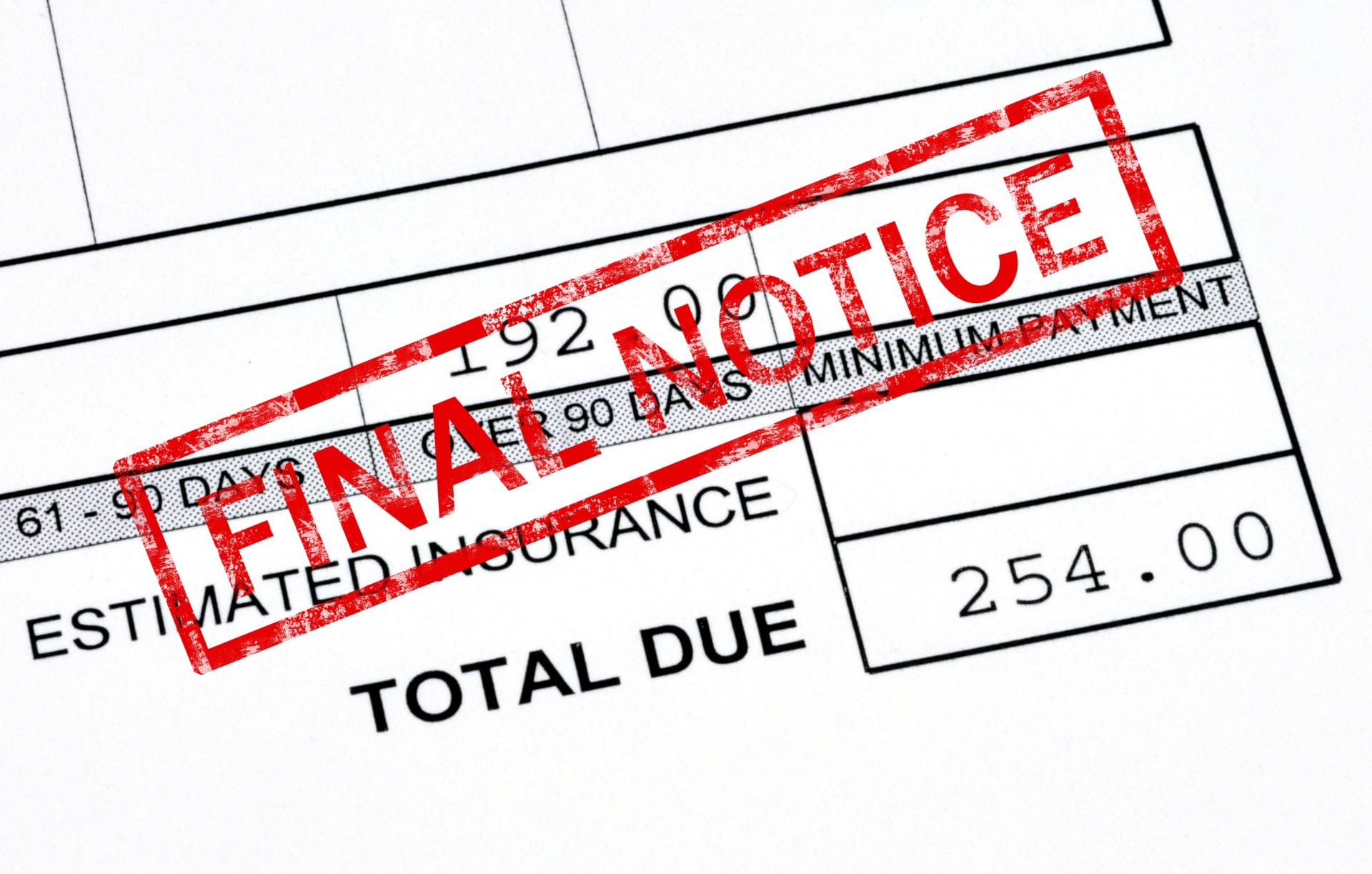The issue of finality has been open to interpretation in bankruptcy cases. This means that what constitutes a final order in the context of a bankruptcy can be seen in different ways. This is important in knowing whether you can appeal a court ruling. The Supreme Court of the United States recently made an important decision that impacts this process.
In the recent decision regarding Ritzen Group, Inc. v. Jackson Masonry, LLC, — S. Ct. — WL 201023 (2020), the Supreme Court held bankruptcy court orders that grant or deny relief from an automatic stay are final. The creditor named in the case had been denied relief from the stay and was pursuing a claim against the debtor before the bankruptcy court. While the creditor didn’t consider the court order to be final, it lost the merits of its claim by filing for an appeal too late. The Supreme Court affirmed the decision of a lower court that held this ruling; the denial for an appeal was, therefore, a final order.
In its analysis, the Supreme Court referred to 28 U.S.C § 158(a). The language here states that “final judgements, orders and decrees” by courts in “cases and proceedings” determine whether an appeal is accepted. However, a bankruptcy court’s decision to grant or deny relief from an automatic stay, according to SCOTUS, does not resolve an entire case. But for appellate purposes, it is considered final.
The most recent decision led the Supreme Court to refer to Bullard v. Blue Hills, 575 U.S. 496 (2015), to define a resolution of a discrete proceeding. In this case, the Supreme Court held that an order rejecting a proposed plan of reorganization was not final. Therefore, it couldn’t be appealed as of right. The reason being such an order is often followed by negotiations and then a submission of amended or new plans to the bankruptcy court. It’s therefore not a conclusive resolution to a proceeding.
In Bullard, the Supreme Court held that for an order to be final, it must resolve the entire process rather than be one step to resolving a matter. Its most recent analysis and conclusion in Ritzen considered where the procedural unit in question fit in. Was it a stay-relief adjudication or the broader claim? Since the Supreme Court defined the procedural unit as the stay-relief adjudication, it decided that the resolution of the issue is the final order.
It is therefore not an interim step to resolving the creditor’s claim, which the Supreme Court said would have led to reaching the opposite conclusion. In fact, it believes the stay-relief adjudication is a self-contained proceeding per language in the Bankruptcy Code, which suggests it initiates a “discrete procedural sequence”.
Both cases are seen in the context that bankruptcy law is structured differently than other types of litigation. A bankruptcy case can consist of many proceedings. But a single discrete proceeding can have its own finality. And final orders can only be appealed within 14 days of a bankruptcy court’s order.
Speak to a Los Angeles Bankruptcy Attorney Today
Although the recent Supreme Court decision offers some clarification, the bankruptcy process can be rather complex. That’s why it helps to have an experienced bankruptcy attorney working for you. A legal professional can help find debt relief and guide you in regaining your financial footing. For more information, call OakTree Law at 888-418-6534 or request a free evaluation online.








